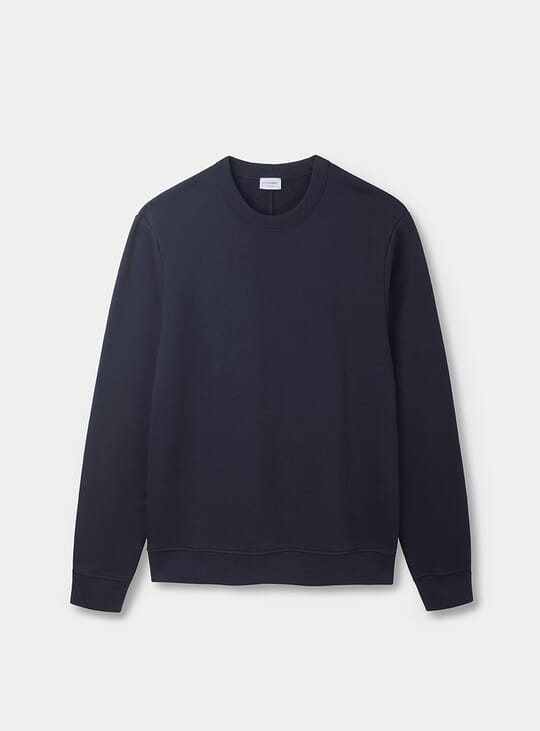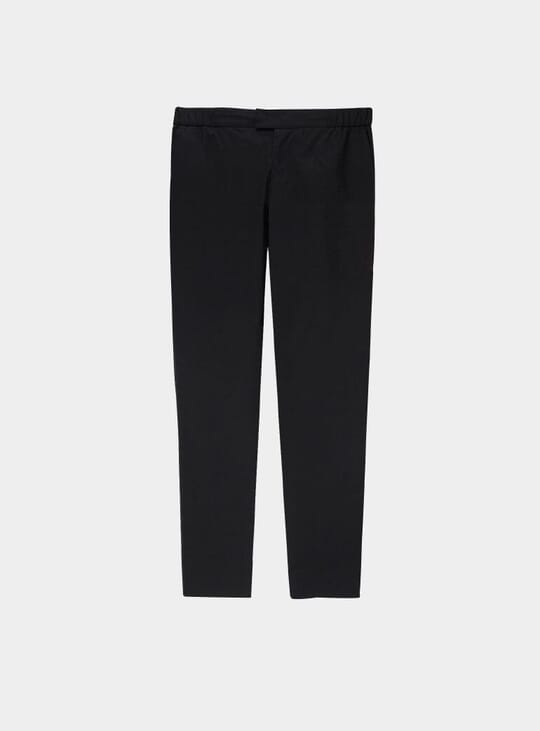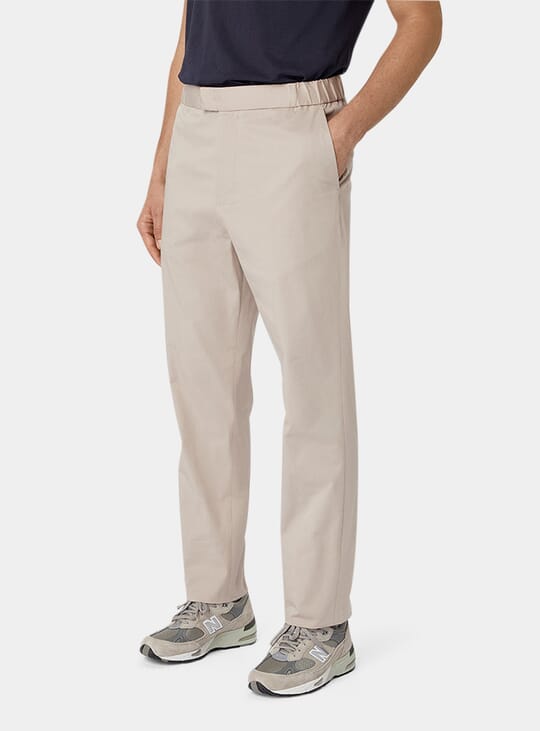Archie Hewlett had barely entered his twenties when he founded Duke + Dexter, a British brand that, in the five years since its inception, has taken the international men's footwear market by storm. It is perhaps due to Archie's youth and relative inexperience in the fashion industry that the brand has experienced such success. There's a distinct sense of fearlessness and a disregard for the 'rules' of style underpinning Duke + Dexter's designs, which encompass everything from smart suede loafers to adventure-ready sneakers. Fusing traditional craftsmanship with contemporary flair, Duke + Dexter's shoes are timeless yet modern, and made to last.
We spoke with Archie about how the Duke + Dexter journey began and what he's learnt in the process...
What sparked the initial idea for Duke + Dexter?
It began with the concept of the velvet slipper, seeing something there but obviously recognising the pretentious associations that the shoe had and the lack of relevance in the contemporary market. It was being worn by big celebrities but it wasn’t being translated down to the everyday market. The initial concept was a niche one but that was the founding principle: how can we make the velvet slipper exciting and cool and contemporary.
How would you describe the Duke + Dexter aesthetic?
The key thing for us is to always do something different. Every design we release has to have a story. We’re far from the minimalist brief, and similarly we’re not about making everything punchy and crazy. It just has to come with a sense of purpose. Does that shoe say something that no one else has thought of or done and does it give the wearer a sense of story? If someone’s going to wear a pair of our shoes and they get asked where they’re from, can they give them a story as to what that shoe is about? That line of thinking drives our aesthetic.
Can you tell me a bit about Duke + Dexter’s approach to craftsmanship and manufacturing?
We run our own factory in the UK — we have done since 2016. It’s obviously something we take huge pride in, it’s not just the ‘Made in England’ stamp, but it’s all the attributes that come with it: the material access we get, the distance — or lack of distance — those materials need to travel, the transparency with various elements of how we design, as well as the material process and that visibility across it. I’ve only worked with one factory before our own in the UK and if you wanted to implement certain changes, the biggest challenge you’d have was access to the factory, in terms of ownership and distance. So for us one of the greatest benefits of being made in England is being able to go to the factory, getting there in two hours and being able to implement and see the changes actually taking place.
How has Duke + Dexter evolved over the years?
I love how we started. I used to shy away from the velvet slipper story because it’s so weird and so niche, but the most interesting brands I know have stories that come with a real angle, so I love the velvet slipper angle and the authenticity it has. The simple way in which we have evolved is that we want to be a footwear label, but I think crucially rather than this idea that “okay we’re a footwear label so we need a Chelsea boot, we need a sneaker, we need a brogue,” for us we’ve done all of those shoes, but it doesn’t mean they stay in the collection and there’s no obvious evolution as to what styles come next. That’s what we love. We want it to be about whether it fits into the story that we’re trying to tell at that moment in time.
What have been some of the highlights from the journey so far?
Opening stores has always been a big highlight, that tangible factor of being able to see and be in a Duke + Dexter space. I still think with regards to that question of should you have a store or not, it’s a no-brainer. If you can bring that level of experience and heighten the customer’s insight into the brand, it just makes sense. Collaborations always have and always will be a big highlight. We’ve had collaborations with the likes of Jonah Hill and Snoop Dogg, they’re two big ones we’ve done more recently. The collaborations give us a totally new way of telling stories.
Any challenges you’ve encountered along the way?
Certainly one of the challenges is the commercial game. It’s really about sticking to what your core beliefs are. It’s very, very easy to have brand values but it’s ten times harder to stick to them and to get everyone in the team to stick to them. As we grow, we’re trying to grow both aspects at the same time — trying to grow commercial performance and sales through the brand, but also trying to grow the brand identity itself. A lot of the time they definitely clash, because there’s a much faster way to grow sales but it’s at the sacrifice of the brand and vice versa. So it’s about finding a balance between the two.
Is there a certain type of customer you design for?
The D+D customer will always have a real sense of purpose. They’re buying into the stories we tell, they’re buying into the difference that we try and seek — the originality of every single design, and then of course they’re buying into the 'Made in England' element and sustainability of everything we do. The beauty for us is that the D+D customer is very global. We transcend age groups and we certainly transcend nationalities.
Do you have a go-to style of shoe that you tend to mostly wear?
It’s always changing. I think given the way I dress, it’s very casual so the shoes I wear most often are the Hikers, just because of what they’re designed to do and how they were made. This idea of the go-anywhere, wear-anytime trainer.





















